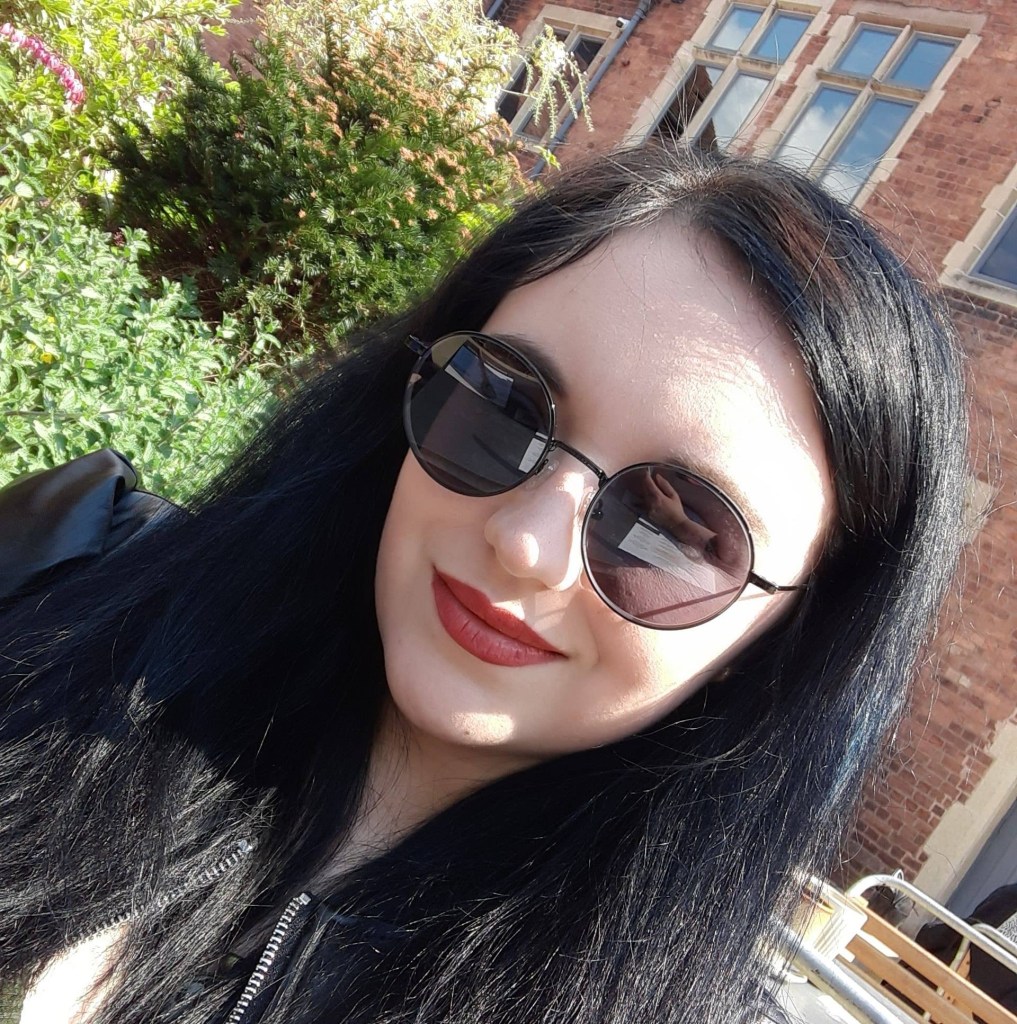Six things to remember when coming out as LGBTQ+ to your family

Just Like Us ambassador Molly Allsopp shares things to remember when coming out (Supplied)
Coming out to your family can be daunting.
When I was 13, I realised I was bisexual and wanted to share this with my family. In my head, everything was simple: I liked girls and boys the same and that was OK. But what was terrifying was that I couldn’t recall ever having a conversation about gay people with my family, so I’d never been able to gauge their feelings or opinions on the subject.
Younger me thought this might mean that they could have a problem with it. Realising that I felt unable to come out to them face-to-face because of the rising feeling of dread, I wrote my mum a letter and my dad a text, explaining my feelings. Thankfully, they were both – and have continued to be – very accepting.
I consider myself very lucky to have a supportive family who have always made my partners of any gender feel welcome. While, I didn’t think they would take issue with my sexuality, I was still worried about the possibility that they might.

From sharing my experience with others over the years, and hearing their stories, I have collated a list of important things to remember when coming out to family members, in the hope that it helps you feel a little more prepared.
Give them time to process
Parents and carers can have a lot of hopes and expectations about who you might be when you grow up, and being LGBTQ+ could be one that has never even crossed their mind. If your news is a surprise, their behaviour might seem dismissive or even unaccepting. They might just need a bit of time to adjust to what this means for the possible structure of their family in the future.
Encourage learning
The majority of young people today have parents who grew up in a very different time, during the Aids crisis or under Section 28, which banned local authorities and schools from “promoting pretended family relationships”. While many young people today have been raised in a more-inclusive environment, older people may still be influenced by these beliefs. Educating them on more-recent developments in law, media and culture, will allow them to see the experiences of LGBTQ+ people in a more accurate light.
Always be yourself
Despite what some other people might say, there’s nothing wrong with being LGBTQ+. Who you love, and how you identify, are innate and natural tenets of who you are, and we should be proud of bringing this diversity into the world. Some people might not agree with this sentiment but it’s important that you don’t allow them to dim your light: being less might reinforce their negative beliefs and will rob the world of a fabulously sparkly individual.
Build a chosen family
A story often portrayed in LGBTQ+ media is that of parents or carers refusing to accept their children. It’s not something we ever want to believe will happen. But in some cases, it does. It’s important to remember that “family” doesn’t only mean legal or biological family, it can also be chosen. Chosen families are made up of like-minded people, both LGBTQ+ and not, who choose to love and support one another. Anyone you meet can be a part of your chosen family, the only criteria being the provision of love and support. Where other family fails to provide this, chosen family can play a really important role in the lives of LGBTQ+ people. If your family isn’t as accepting as they could be, you may find others are willing to include you in theirs.
Be patient
Coming out can be a difficult experience, both for us and, sometimes, for those we come out to. Learning to adjust their expectations and rewrite beliefs that may have been built over decades can be a lengthy process. While they may not be accepting now, that doesn’t mean they won’t be in the future. I’ve known many LGBTQ+ people whose parents initially struggled to accept their identity but through being exposed to a more-inclusive society, have realised that many of the issues that plagued previous generations of LGBTQ+ people now don’t. Sometimes people just need a bit of time and space to adjust.
Be safe
Last but not least, make sure the person you’re coming out to will be safe to share this with. If you’re worried about your safety, please chat with Childline or Switchboard, which is an LGBT+ support service that has trained volunteers available to speak to you via online chat, email or phone.
One of the really important things to remember is that there will always be communities of like-minded people out there who will love and support you no matter what, from Pride events to LGBTQ+ societies, or even just a friendly neighbour. The world is yours to explore!
Molly is an ambassador for Just Like Us, the LGBT+ young people’s charity. Just Like Us needs LGBT+ ambassadors aged 18-25 to speak in schools – sign up now.
How did this story make you feel?
